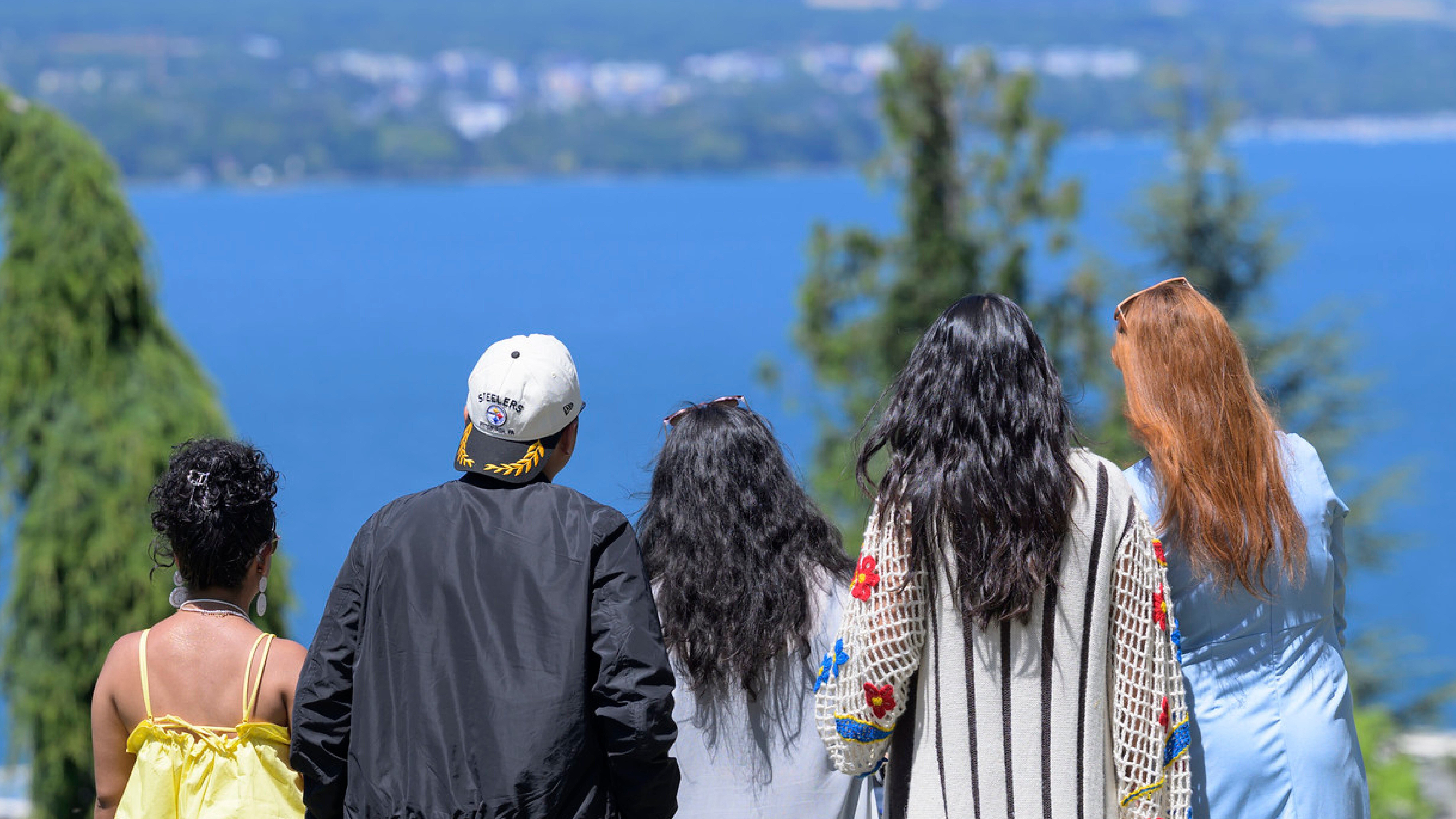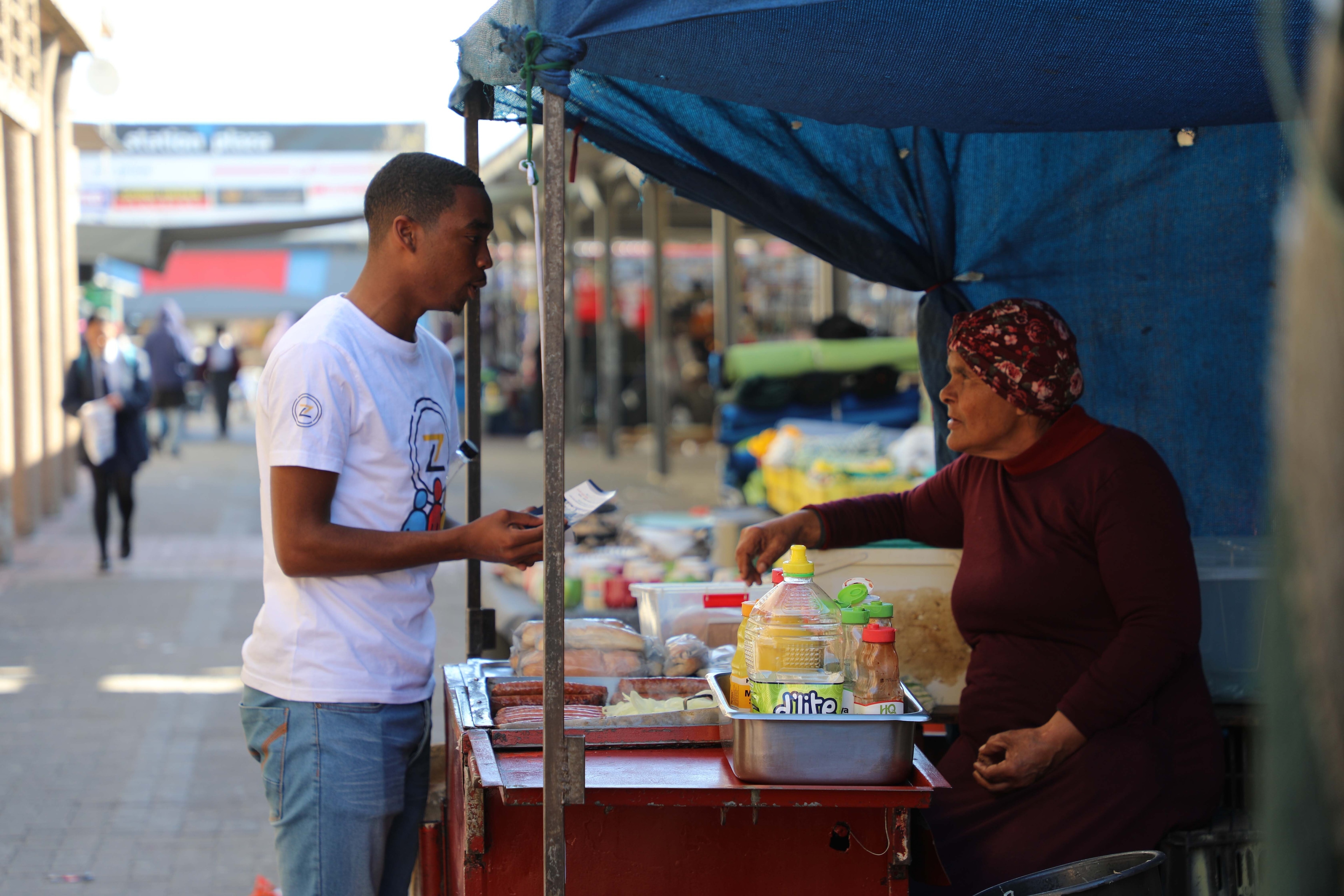Why ageing is an issue for emerging markets

One in every two children born today will see their 104th birthday. This was just one of many remarkable predictions that former US Vice-President Al Gore placed in front of participants at the recent World Economic Forum Annual Meeting 2014 in Davos.
The implications of population ageing have been high on the Forum agenda for many years. It’s an issue that’s multi-dimensional, complex and, above all, pressing: By 2030 there will be 1 billion people over the age of 60; more than children under 10.
The degree of success in reshaping our world around population ageing will define the civil, economic and political rights of an increasingly large segment of the world’s population. It’s not yet clear how institutions will adapt, particularly those delivering health, care and social security services. What is sure, however, is that this reshaping will be felt by hundreds of millions of older people, and alter the relationship and expectations between state and individual in developed economies in the next few decades.
The Annual Meeting is one of the few places where the top representatives of governments, business and civil society can convene around such a key issue as health. Take the discussion on dementia, for example, which brought together the world’s top experts on Alzheimer’s and other dementias, government and private healthcare providers, along with CEOs of major pharmaceutical companies and venture capital firms that invest in new medicines. They were joined by experts on social security, senior politicians and top civil servants.
I left Davos with two impressions. The first was how we deal with the implications of people living longer lives. We don’t yet have the answers, but many critical questions are being asked of politicians, businesses and society at large. And second, is how we need to more systematically include developing countries in these discussions.
In many of the fastest emerging economies, social security infrastructures are taking shape, offering some degree of health, care and economic security for their older citizens. In countries such as Brazil and South Africa, for example, basic pensions have had a noticeable impact on the poverty of older people and also of the households in which they live. The picture for some of these societies is, however, mixed, with India yet to translate its growing wealth into a secure old age for the one-third of older Indians which the government estimates to be living in poverty.
But what about the hundreds of millions of older people in countries where hardly any such services or social security architecture exist? By 2050, 80% of the world’s population over 60 will be living in developing countries.
The older age to which they can look forward to will depend, as it does in the rich world, on the priorities set by governments and societies. Again, the picture is mixed, with some countries outperforming their economic status in terms of their provision for older people, while others lag behind in the Global AgeWatch Index.
Everyone is talking about inclusion, yet older people in the poorest contexts continue to be excluded. The oft-quoted adage that poor countries “are growing old before they grow rich” just doesn’t bear scrutiny. It’s a political choice, not a matter of fiscal inevitability to rule out older people from early inclusion in social security systems. Even countries with limited resources can decide to support their citizens throughout life, ensuring a reasonable quality of life in old age.
I left Davos knowing that the most important contribution that the HelpAge network can make is to redouble our advocacy efforts to ensure that future discussions around population ageing are truly global, relevant and ultimately have a positive impact on the lives of older people wherever they are living.
Author: Toby Porter is Chief Executive Officer of HelpAge International, a global movement for the rights of older people.
Image: An elderly man stands in Copacabana in Rio de Janeiro September 13, 2011. REUTERS/Ricardo Moraes
Don't miss any update on this topic
Create a free account and access your personalized content collection with our latest publications and analyses.
License and Republishing
World Economic Forum articles may be republished in accordance with the Creative Commons Attribution-NonCommercial-NoDerivatives 4.0 International Public License, and in accordance with our Terms of Use.
The views expressed in this article are those of the author alone and not the World Economic Forum.
Stay up to date:
Hyperconnectivity
Forum Stories newsletter
Bringing you weekly curated insights and analysis on the global issues that matter.
More on Youth PerspectivesSee all
Christie Burley and Inés Yábar
November 5, 2025







